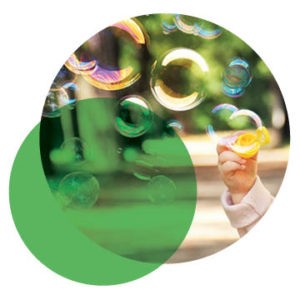Hanna Perkins Kindergarten provides a structured setting in which children are encouraged to take increasing responsibility for their own learning and are helped to acquire the academic skills necessary for first grade.
Young learners make an important transition from a focus on themselves, family and play to an interest in the outside world, the process of learning and developing non-family relationships. They move from academic preparation – math and reading readiness – to academic practice.
It’s also when children begin to experience themselves as part of a group – learning to enjoy games and group activities simply for purpose of participating.
In the gentle setting of our state-chartered kindergarten, children take these important steps with a curriculum designed to foster independence and curiosity, and teachers trained to support acquisition of the academic skills necessary for 1st Grade. Students gradually take increasing responsibility for their own learning – choosing to learn for their own gratification rather than expecting an external reward.
Small classes assure lots of close attention for each child. Reading, math and science concepts are introduced in learning groups, after which children progress at their own pace as they complete daily assignments at learning centers. They also engage in a variety of art and construction activities during the independent work time.




